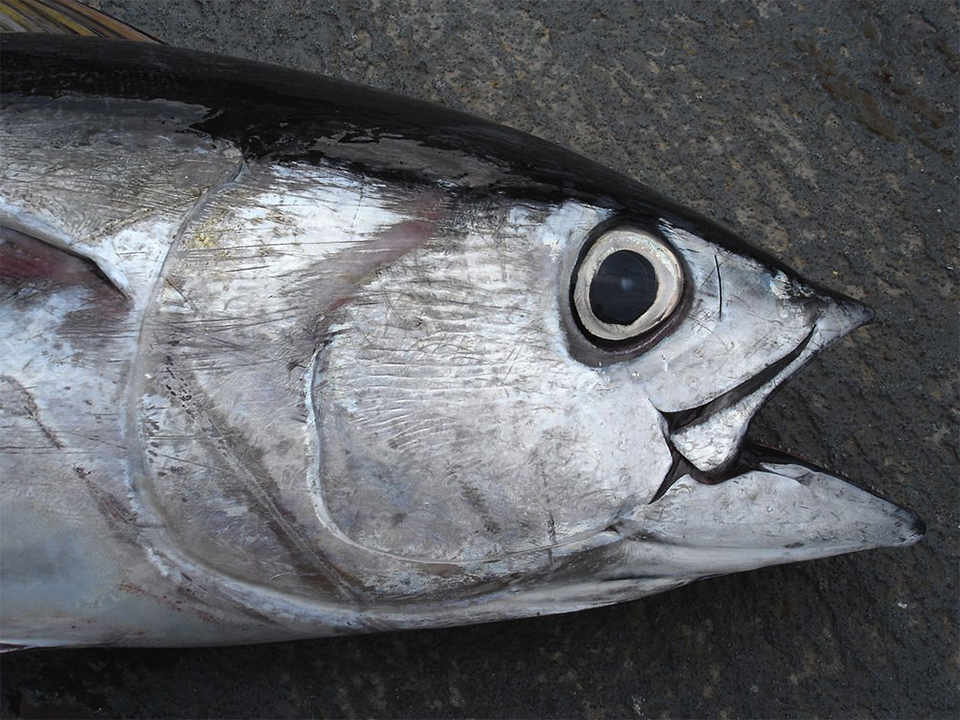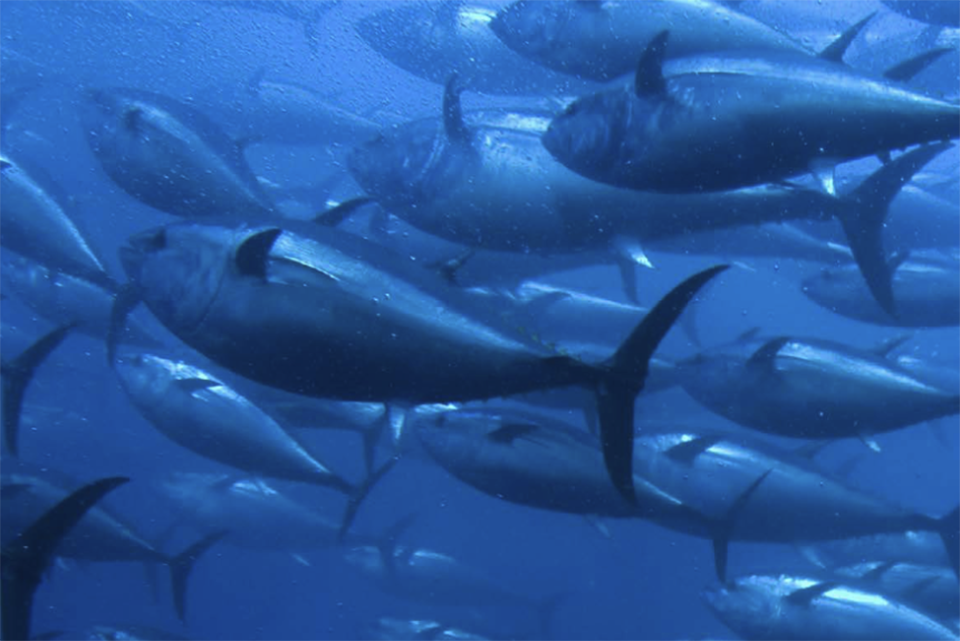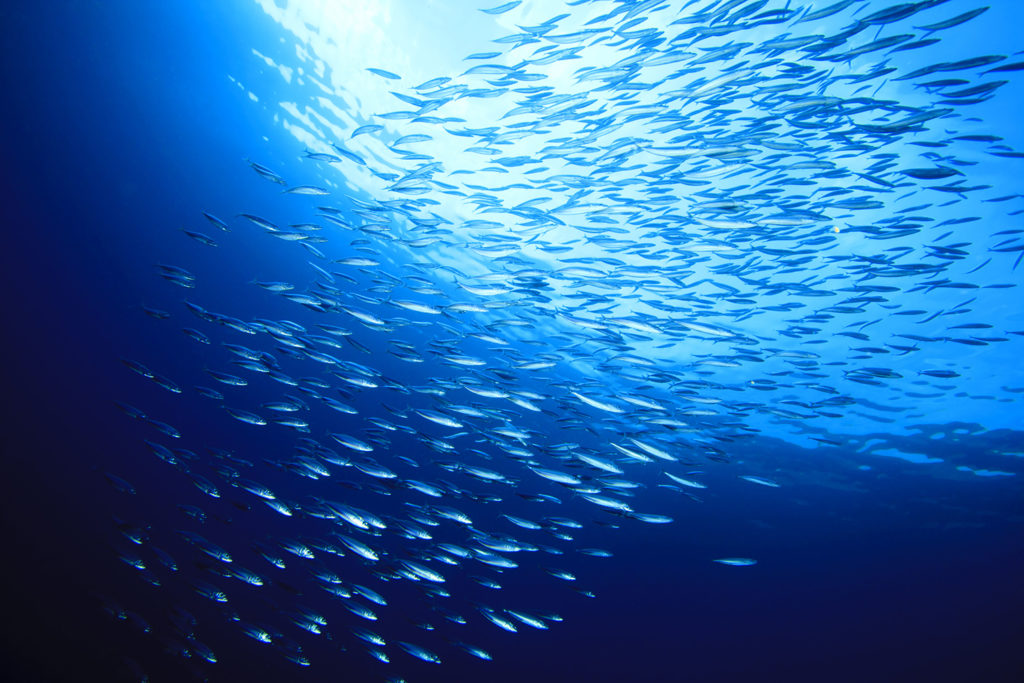Study in Marine Policy argues that scientific publications can be prone to error and bias, sometimes with potentially grave consequences for public policy

A recent study published in Marine Policy discussed the need among scientists and researchers to recognize that flawed scientific publications across a wide range of disciplines, including ecology, fisheries science, economics, environmental and conservation science, and the social sciences are a significant issue.
Dr. Kevern L. Cochrane and co-authors from six different institutions in South Africa, the United States, Australia and Argentina said that scientific journals have motivated and influenced many fisheries-related policies and fisheries management. They proposed ideas to address the problems so that scientists cooperatively will find paths to improve the reliability of scientific publications in general.
“Fisheries make vital contributions to the livelihoods, food security and economies of millions of people but do have impacts on ecosystems. With good knowledge and understanding, those impacts can be managed, as we can see from many well-managed fisheries around the world,” Dr. Kevern Cochrane, Professor at the Ichthyology & Fisheries Studies, Rhodes University in South Africa, and lead author of the study, told the Advocate.
“However, flawed knowledge is likely to lead to inefficient or failed policies and management efforts, with social or ecological costs, or both. Unfortunately, the primary scientific literature can sometimes be a source of such flawed information. We hope that drawing attention to this problem and putting forward reasons why it can occur will help to ensure it is recognized, and weaknesses in the scientific publishing processes are addressed.”
The value of the ocean economy has been conservatively estimated at U.S. $1.5 trillion per annum, employing tens of millions of people. Marine fisheries are one of the essential contributors to human welfare derived from the oceans, with a value of approximately $130 billion in 2020. The sector is the largest employer of people in the ocean economy, as well as contributing to the livelihoods of millions more through subsistence fishing.
However, the ability of the oceans to continue providing ecosystem services is under threat from climate change, pollution, poorly managed fishing, coastal zone development, oil and gas extraction, mining and other activities.
Overcoming these threats and securing a just and sustainable future for all requires the implementation of effective policies that are constantly being revised and adjusted as conditions evolve. The creation, availability and use of rational and significant scientific knowledge in policy formulation is essential if the policies and subsequent actions are to be appropriate and effective in addressing these numerous threats and challenges.
Peer-reviewed scientific publications are at the vanguard of reporting scientific ideas and knowledge, and have an important role informing and influencing scientists, policy-makers, industry, civil society organizations (CSOs), non-governmental organizations (NGOs), other stakeholders, and the general public. While the process of policy formulation is typically lengthy and complex, and influenced by different, often conflicting interest groups, scientific publications can and do influence perceptions and attitudes, and feed into policy and decision-making.
However, scientific publications can be disposed to error and bias, sometimes with potentially grave consequences, an issue that is intensified when i) the authors of publications aim to promote particular policies based on personal preferences rather than on sensible and objective information, ii) the publications communicate misleading information, and iii) the publications are complemented by organized media promotion. In this study, the authors raise an alarm about publications such as these that communicate unjustified messages and are intended, or have the potential, to induce public perceptions and public policy.
In this regard, the concerns expressed by the study authors go back a couple of decades. For example, in 2006, Polacheck called attention to a Nature article by Myers and Worm that presented influential but misleading estimates of declines in large predatory fishes. And Hilborn showed that publishing misleading science on marine conservation and fisheries was alarmingly common. Additionally, Sissenwine presented apprehensions about blurring of the lines between environmental science and environmentalism, and that this muddling may be part of an advocacy strategy.
Cochrane and co-authors present evidence that these alarms have been widely ignored, and too many defective papers (i.e. papers that contain important errors, biases or both) with potential for high impacts on policy making and public opinion still appear regularly, even in the most respected scientific publications. Many of these papers are still being cited long after the problems have been uncovered in published refutations. For example, as of June 2024, the Myers and Worm article had been cited more than 4,200 times, including more than 40 citations so far in 2024.
In the Marine Policy study, the authors discuss in detail the occurrence of erroneous and potentially misleading publications in the primary literature, including several examples; the impacts of erroneous and potentially misleading papers; common causes for unintentional errors and problems in quality and reliability of published papers; striving for objectivity and accuracy in science; and the responsibilities of journals, the publishers of science.
The all-encompassing recommendation for all those involved in the production and dissemination of scientific results and information is that every effort needs to be made to ensure the reliability of the information produced and used, and claimed to be scientific. This includes scientists, employers and funders of science, publishers and those involved in the publishing process, as well as the media. Observance to this is critical for ensuring that trust in science and scientific information is maintained and strengthened amongst all participants in the policy-making process and the public at large.
“The recommendations for those involved in policy-making center on implementing procedures to ensure that all information provided under the name of science is scrutinized by a broad group, considered by the stakeholders to be balanced and with the necessary expertise to review the information for accuracy and relevance. The outputs from that process should represent the best available scientific evidence, which
should then be made available to all stakeholders in a form that can be readily understood,” concluded the study authors.
Now that you've reached the end of the article ...
… please consider supporting GSA’s mission to advance responsible seafood practices through education, advocacy and third-party assurances. The Advocate aims to document the evolution of responsible seafood practices and share the expansive knowledge of our vast network of contributors.
By becoming a Global Seafood Alliance member, you’re ensuring that all of the pre-competitive work we do through member benefits, resources and events can continue. Individual membership costs just $50 a year.
Not a GSA member? Join us.
Author
Related Posts

Responsibility
‘Building towards abundance’: How Indigenous-owned Clearwater Seafoods is reshaping Canada’s seafood industry
The Mi’kmaq Coalition’s 50 percent acquisition of Clearwater Seafoods is transforming Canada’s seafood industry and promoting responsible fisheries.

Fisheries
Fisheries in Focus: Marine protected areas don’t help tuna population, new paper shows
Using stock assessment and fishing data, researchers find that the Phoenix Islands Protected Area did not meaningfully increase the tuna population.

Fisheries
Fisheries in Focus: Recent paper in Science confirms basic fisheries science, conjures causality
Sustainable Fisheries-UW: Better fisheries management requires enforcement of already-in-place limits, not new regulations that also go unenforced.

Intelligence
Seaspiracy film assails fishing and aquaculture sectors that seem ready for a good fight
Seaspiracy, a new Netflix documentary-style film, depicts the fishing and aquaculture in an ugly fashion but the industry response is swift.



